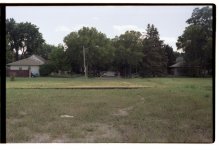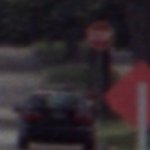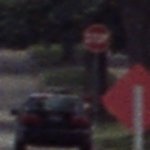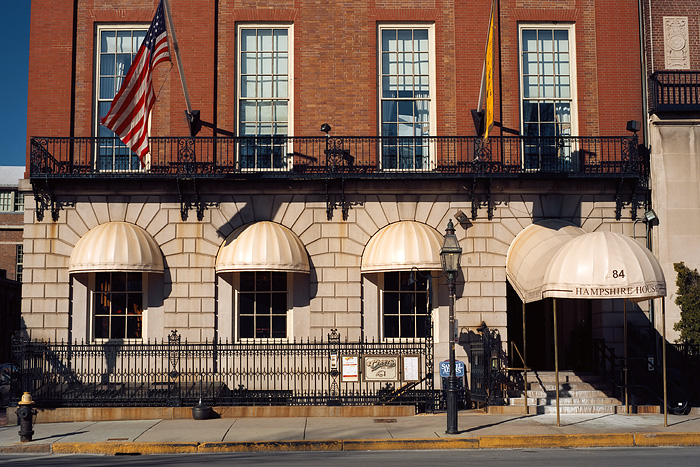PatrickCheung
Well-known
Kenny, sorry for the late reply... school calls. Night before the deadline 🙂
Anyway, if you still want the answer... YES I did sharpen them. I do it in lightroom, I set the sharpening to 20. I do this for all my photos though, digital or film... so take it with a grain of salt.
I'd say the epson V500 can get most of the detail from the negative... though it definitely does fudge some details. My best scans are of film that's been flattened prior to scanning. Flattened film can get you quite a bit of detail! I've been thinking of getting some ANR glass to ensure that I get flat scans.
Anyway, if you still want the answer... YES I did sharpen them. I do it in lightroom, I set the sharpening to 20. I do this for all my photos though, digital or film... so take it with a grain of salt.
I'd say the epson V500 can get most of the detail from the negative... though it definitely does fudge some details. My best scans are of film that's been flattened prior to scanning. Flattened film can get you quite a bit of detail! I've been thinking of getting some ANR glass to ensure that I get flat scans.






